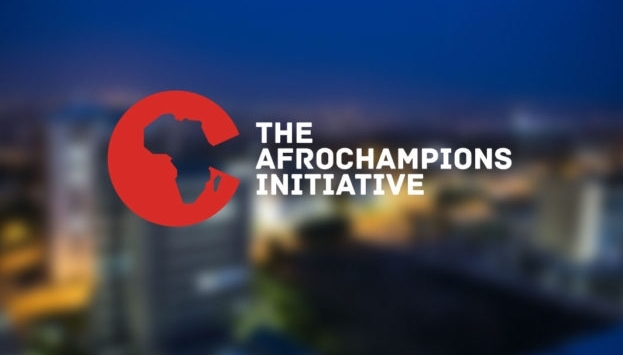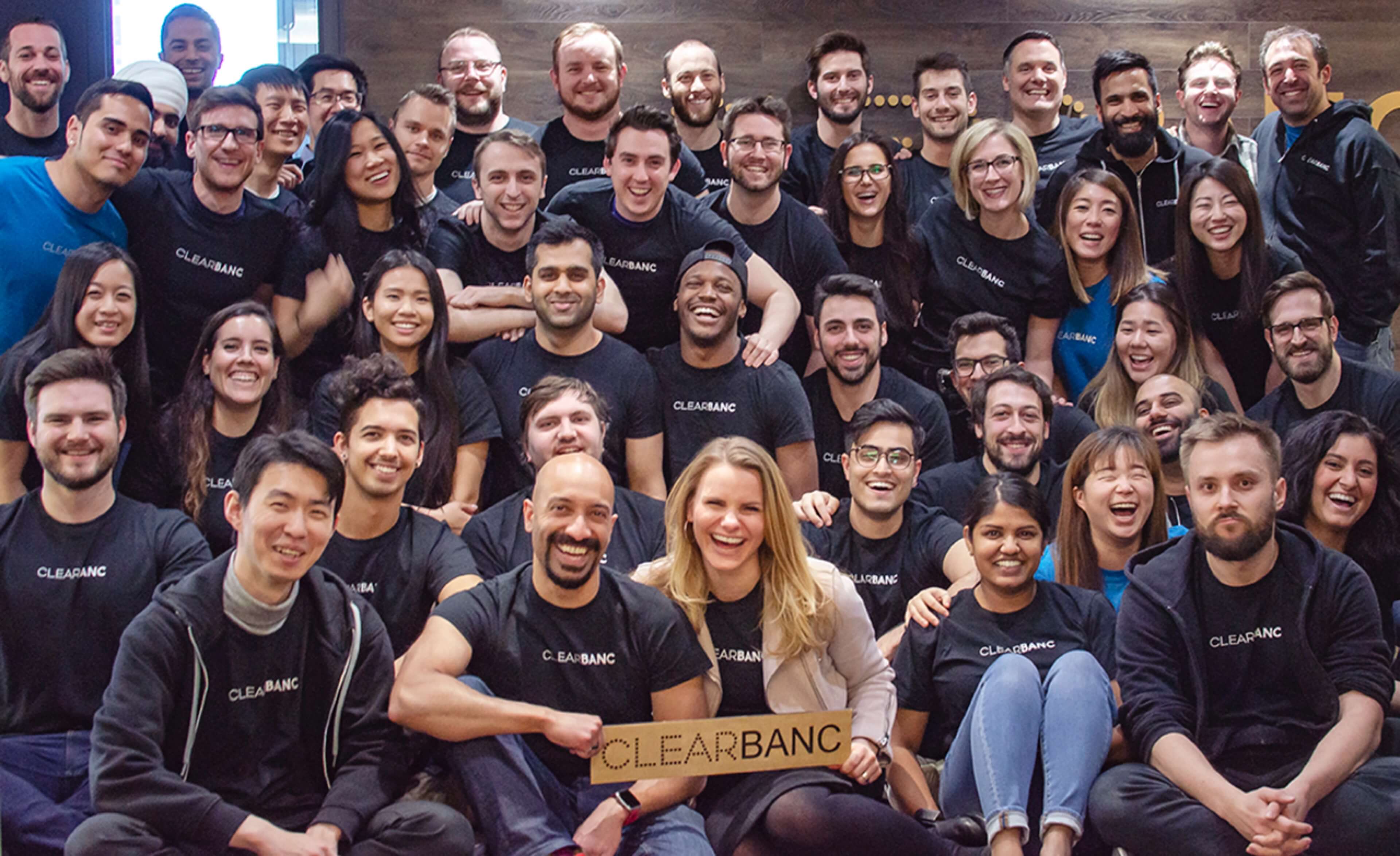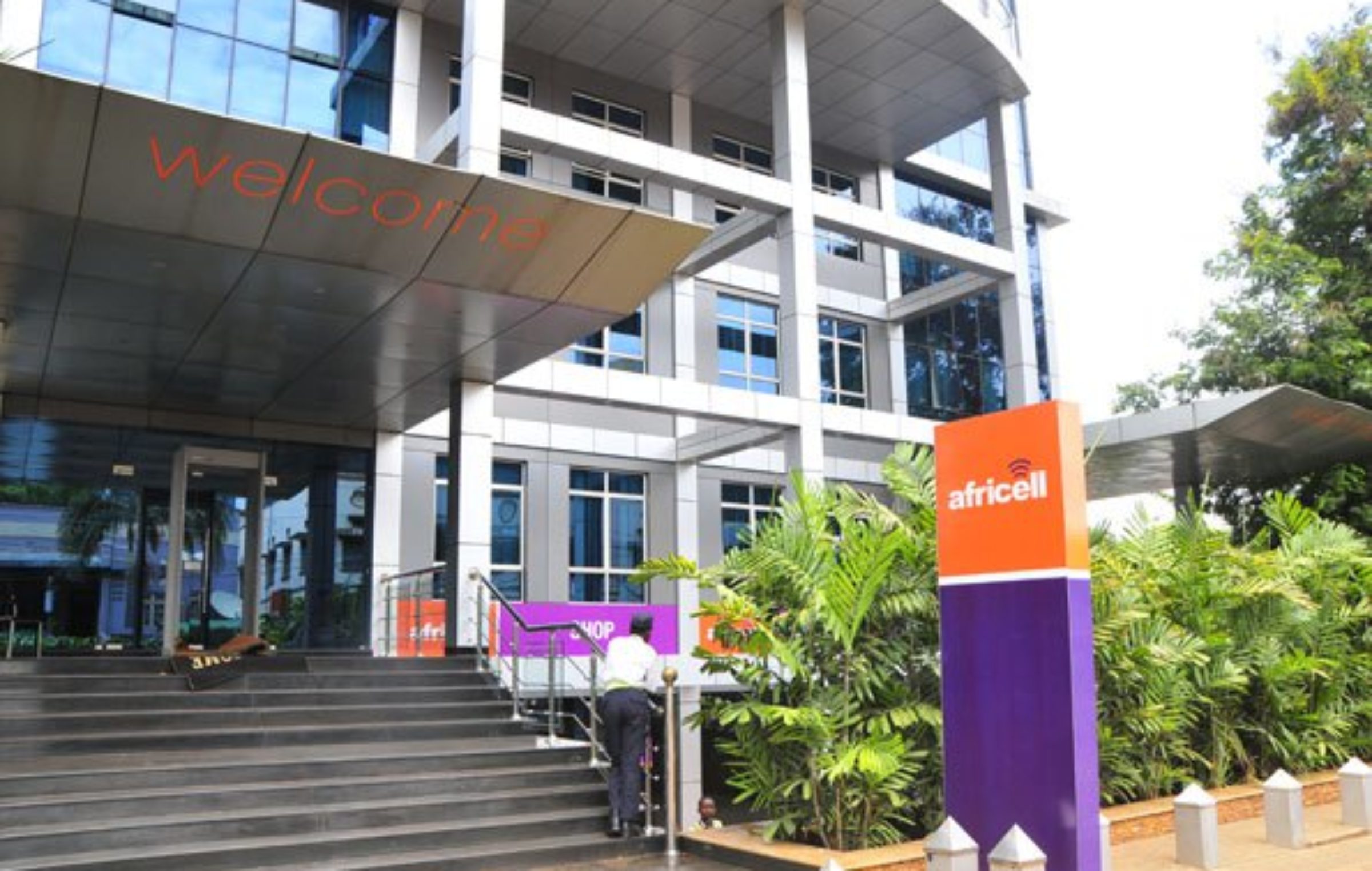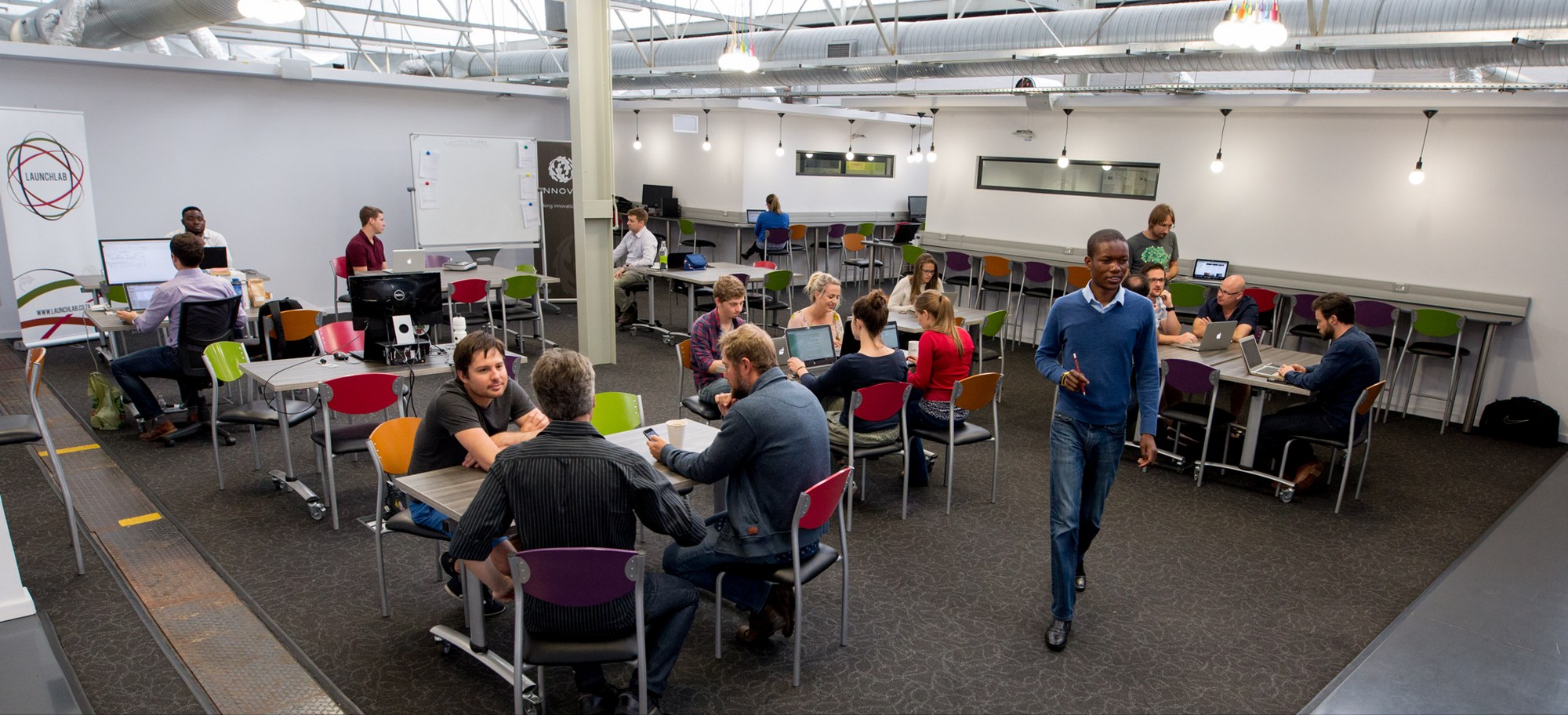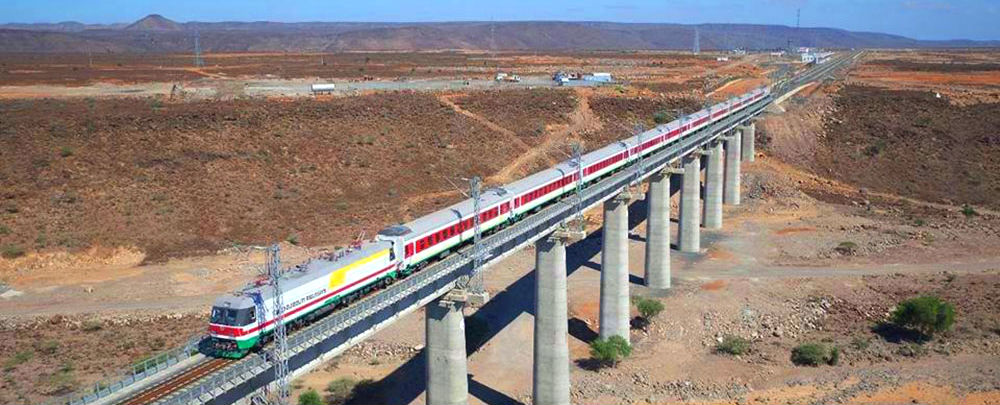Towards an AfroChampions fund to finance the African Continental Free Trade Area (AfCFTA)
On the occasion of a high-level meeting convened in partnership with His Excellency Dr. Mahamudu Bawumia, Vice-President of the Republic of Ghana, and bringing together investors, financing institutions and sovereign and private funds, the AfroChampion Initiative has formally launched a private sector investment framework to secure financing for the African Continental Free Trade Area (AfCFTA).
The objective is to mobilize the private sector, in Africa and beyond, through a dedicated blended-finance vehicle to accelerate the continent’s economic integration, by rapidly deploying those infrastructure projects which are critical to successfully delivering the AfCFTA and making it a positive transformation for Africans.
The proposed framework is forward-looking and includes many proposals from the AfroChampions Boma on Infrastructure Financing and Delivery organized last April in Nairobi with the African Union’s High Representative for Infrastructure His Excellency Mr. Raila Odinga.

Considering that key enablers of the AfCFTA are the removal of non-tariff barriers, the deployment of transport and connectivity networks, access to cheap energy, and African economies’ upscaling towards more value-added products, the framework defines a range of priority opportunities as well as structuring projects to be financed, under certain conditions, by the fund set up for that purpose.
Most importantly, the AfroChampions Initiative also provides for an annual benchmarking process to follow up on this program as well as on national reforms transcribing the AfCFTA to improve African states’ cross-border business-readiness.
“With the AfroChampions Initiative, we have found partners committed to our vision of a prosperous and integrated Africa and working to implement practical solutions.
The AfCFTA Private Sector Investment and Financing framework is a very thorough approach: monitoring the AfCFTA agreement’s legal implementation, defining certification criteria qualifying projects eligible for funding, mobilizing the private sector in Africa, and a process to coordinate with the public authorities ” said H.E.M. Albert Muchanga, African Union’s Commissioner for Trade and Industry.
“The African Union’s Summit in Niamey gave us a great opportunity to raise awareness among Heads of State and we hope to be able to move quickly on this ambitious roadmap.”
“To address reluctance and concerns about the AfCFTA, we must demonstrate that it is a major and tangible opportunity for all stakeholders, whether states or companies regardless of size, civil society or individual citizens of the African continent. And this AfCFTA Private Sector Investment and Financing Framework is the best tool for realizing that goal,” said Ali Mufuruki, Vice-President of the AfroChampions Club for the East Africa Region.
“We need to work better together across borders and focus on high-impact regional or pan-African projects – because they are the most likely to attract the volume of funds that we need. This is our main challenge today”.
The participants in the Accra session defined at the end of their workshop a detailed roadmap, including various milestones over the next 18 months. Among the key dates is the presentation of the dedicated fund, scheduled for the 4th quarter of 2019 for the next AfroChampions Boma, the first benchmark and a follow-up report on the AfCFTA implementation and the organization of an exhibition on ‘made in Africa’ early 2020.
Kelechi Deca

Kelechi Deca has over two decades of media experience, he has traveled to over 77 countries reporting on multilateral development institutions, international business, trade, travels, culture, and diplomacy. He is also a petrol head with in-depth knowledge of automobiles and the auto industry.

